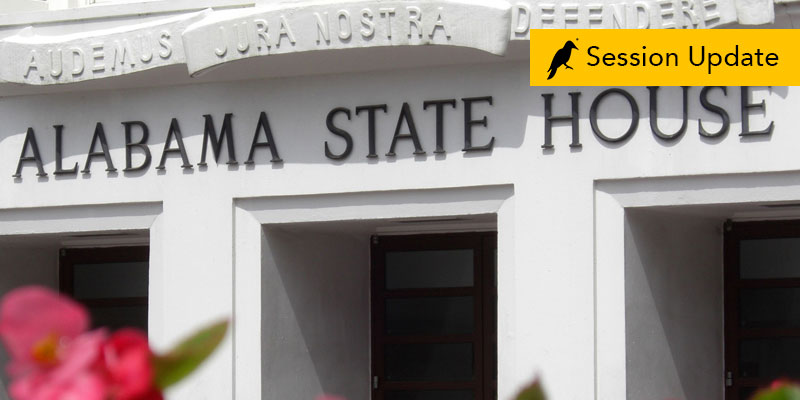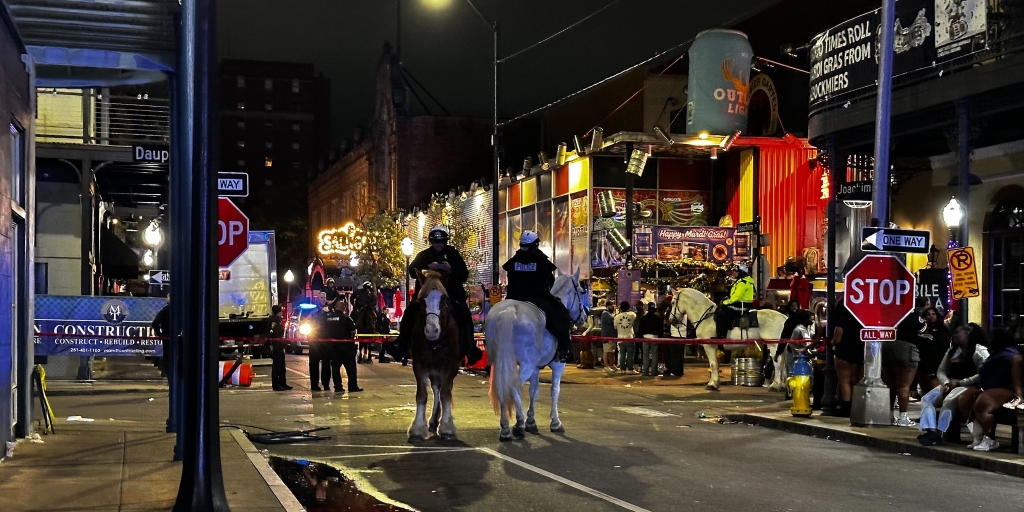MONTGOMERY — The Alabama Legislature on Tuesday will convene for the 10th day of its 2021 regular session.
There is also one committee meeting scheduled for the day, as well as one subcommittee meeting.
Read about what occurred last Thursday on the ninth legislative day here.
Looking ahead
The Alabama Senate will gavel in at 2:00 p.m. on Tuesday. The upper chamber’s special order calendar will include SB 10, the Vulnerable Child Compassion and Protection Act by Sen. Shay Shelnutt (R-Trussville).
This will come after the Senate Governmental Affairs Committee meets at 1:00 p.m. The committee’s agenda includes four election-related bills; especially of note, SB 235 sponsored by Sen. Dan Roberts (R-Mountain Brook) would ban curbside voting in Alabama. Curbside voting is not provided for in Alabama law, however it is also not explicitly barred at this time.
The committee is further scheduled to take up SB 259 by Sen. Will Barfoot (R-Pike Road) that would allow the legislature to call itself into a special session. The provisions of the bill would require a joint proclamation by the Senate pro tem and the House speaker to call a special session; a resolution carrying the support of 2/3 of each chamber would then have to be adopted before business could be taken up in such a special session. The bill was officially introduced last week on the first legislative day following Governor Kay Ivey’s “herd of turtles” remarks. Between Barfoot and 16 cosponsors, the bill already has the support of an effective majority of the Senate, which only has a maximum of 32 members in attendance so far this session. SB 259 is a companion bill to Rep. Becky Nordgren’s (R-Gadsden) HB 21, which was prefiled back in October. Her bill is set to be considered in a House committee on Wednesday.
The House will convene at 1:00 p.m. on Tuesday. Before that, the County and Municipal Government Committee’s Government Service Subcommittee will meet at 11:00 a.m. On that docket is SB 107 by Sen. Chris Elliot (R-Daphne).
The lower chamber’s floor action is set to focus on a 16-bill special order calendar, which can be viewed here.
Included on that calendar is Rep. Jamie Kiel’s (R-Russellville) HB 103, which would effectively erase the distinction between “essential” and “non-essential” businesses during a pandemic or other declared emergency.
Also slated for consideration is Rep. Scott Stadthagen’s (R-Hartselle) HB 391; this bill would mandate that public school students can only compete in athletic competitions aligning with the gender on their birth certificates.
Another notable bill on the House special order calendar is Rep. Paul Lee’s (R-Dothan) HB 249. This legislation would cap a health insurance beneficiary’s cost-sharing or co-pay for an insulin drug prescription at $100 per 30-day supply.
Observers may also be interested to know that Rep. Jeremy Gray’s (D-Opelika) HB 246 is on the calendar; this is the bill that would allow yoga to be offered in public K-12 schools.
Finally, Rep. Mike Jones’ (R-Andalusia) HB 392 is set to be considered. This bill would create a formal layer of legislative oversight — and additional transparency — on executive branch contracts, leases and agreements exceeding $10 million.
“It is important that we maintain a system of checks and balances, and the Legislature must be able to access important information about agreements that obligate the General Fund to substantial expenditures,” Jones said in a Monday statement. “This bill provides an additional layer of oversight on large executive branch agreements in a manner that is fair, transparent, and, most of all, constitutional.”
Speaker of the House Mac McCutcheon (R-Monrovia) stated that he supports the bill.
“Whenever an administration enters into agreements involving millions of taxpayer dollars, the Legislature deserves to have its questions answered and any concerns addressed,” McCutcheon said. “Rep. Jones’s legislation offers a commonsense method of protecting taxpayers and reassuring lawmakers when large sums of dollars are being obligated.”
While it could pertain to items similar to Governor Ivey’s prison plan in the future, the legislation would not be retroactive and would not apply to current contracts, leases and other obligations.
Sean Ross is the editor of Yellowhammer News. You can follow him on Twitter @sean_yhn







